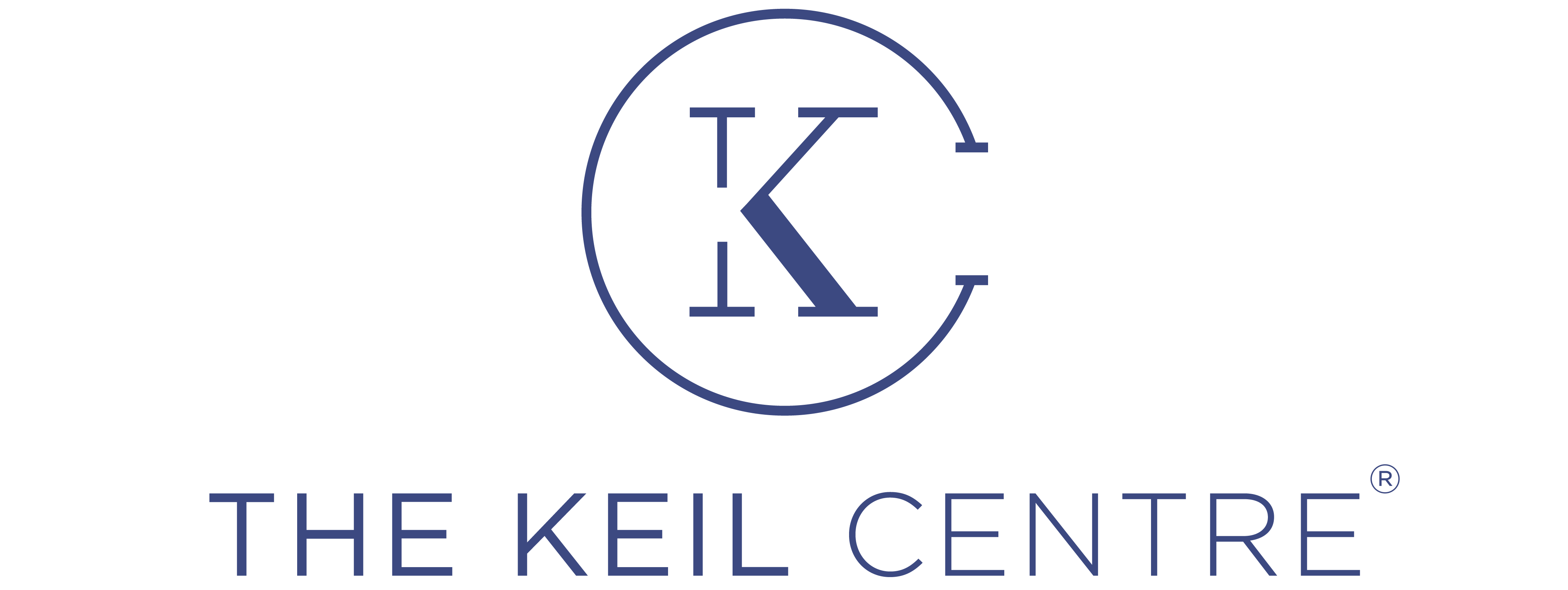Safety & Human Reliability Assessment
The Keil Centre promotes a structured and recognised process for assessing how failures could occur during a task and the risk controls required. Human Reliability Assessment is an in-depth human factors analysis of critical tasks. The Keil Centre helps clients through training and operational support to produce high-quality assessments.
Who's it for?
Safety, quality and/or operations and maintenance professionals who need to examine aspects of human performance to identify areas for improvement.
Benefits
Human Reliability Assessment enables you to assess the risk and impact of human failure associated with:
- existing tasks, particularly safety, quality or operation-critical tasks
- tasks that have undergone a change, as a result of a new procedure, new equipment or new processes
- future modifications or the introduction of new systems and their corresponding tasks
Find out more
Our team are happy to provide more information. Please click on the relevant button below to contact us.
Human Reliability Assessment (HRA), also known as Human Failure Analysis (HFA), identifies how human failures could occur at each step of a task and helps to identify the additional risk controls required. This often follows on from the critical task screening. HRA provides a clear and auditable link between identified vulnerabilities and recommendations for improvement. We have supported clients with HRA across a range of industries and adopting the HRA process has helped them to improve operational performance and meet regulatory requirements.
Human Reliability Assessment involves selecting a relevant task and preparing a task analysis. This may be done initially through a desk-based review of a procedure followed by a walk-through with users, or through site-based direct observation and discussion. With the task analysis ready, facilitated workshops are run with a group of operational personnel, managers and engineers.
Our HRA structure is closely aligned with the process outlined in the Health and Safety Executive’s guidance for critical task analysis (OTO/99092) and “Human HAZOP”, and the Energy Institute’s guidance on critical task analysis. We address the potential failures that could occur during the task and identify Performance Shaping Factors, also known as Performance Influencing Factors (PIFS). We describe the consequences of human failure, consider how the human might recover from an error, and discuss which risk control measures are already in place. We then consider additional risk control measures for the vulnerabilities and Performance Shaping Factors identified by the process.
The Keil Centre HRA training covers the skills required for conducting assessments independently.

